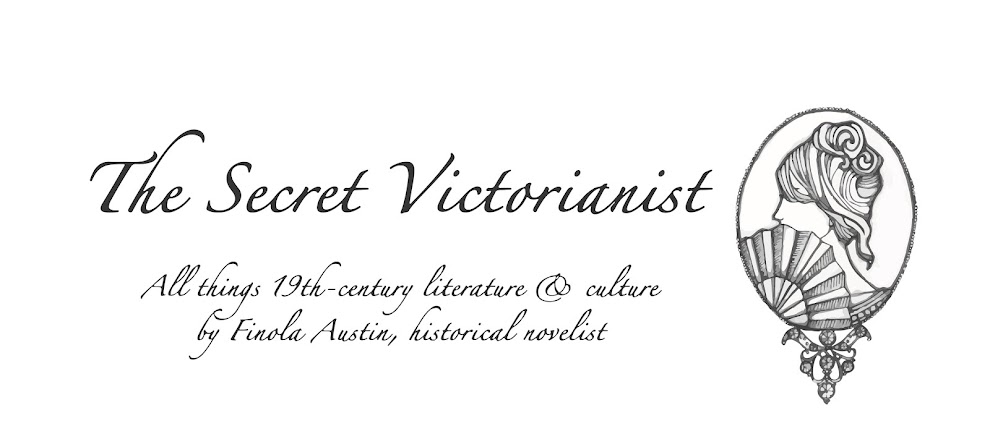I’ve been publishing blog posts as part of my Writers’ Questions series since 2019, covering a range of topics related to craft and the business of writing. But many of my most-asked questions really boil down to one that’s psychological, rather than artistic or technical, in nature: why is this writing thing so damn hard?!
 |
| Feeling down? Digest these tips and eat some ice cream... |
First, I feel you—being a writer isn’t easy. Second, if you’re currently struggling with the emotional toll of writing, this blog post might help by digging into some of the potential reasons why…
You're realizing writing isn't for everyone. Literacy rates are very high in the countries where I and most of this blog’s readers live. That means that almost everyone can write and does write (emails, texts, ranting comments on the internet etc.) all the time. But don’t confuse that with thinking that everyone can write well. One thing that’s hard about pursuing this as a career path, or even a hobby, is that it’s very easy to start writing (unlike say, picking up a violin and starting to play), but, at some point, you’re going to hit an issue and understand your lack of experience. If this is where you’re at now, don’t fear! Recognizing where your writing could be better is vital for improving your craft, and thinking your prose is perfect as a beginner is a recipe for disappointment.
You’re not looking after your physical needs. There may be a certain appeal to the trope of the starving artist, but, if you’re tired, hungry, cold etc., trust me—you’re not going to be producing your best material. Get better at diagnosing what’s actually wrong when you’re feeling low and understanding what your mind and body needs and wants. It’s not virtuous to push yourself to breaking point. Great writing might be about suffering but should never require it.
You like the idea of writing. I hate to break it to you, but writers love the act of writing, not just having written. When you’re at your best (i.e., not tired, hungry etc. as I list above), can an hour slip away from you, unnoticed, as you type at your keyboard or scrawl in a notebook? If not, why on earth are you doing this to yourself? If you want someone to listen to you, consider therapy and/or get better friends. And if you want fame, fortune, and praise, there are much easier paths to take.
You’re playing an imitation game. Maybe you’re dissatisfied with your writing because you’re copying your literary heroes, rather than developing your own style. If you’re doing this, it’s unsurprising that you’ll always be underwhelmed by the result. Stop trying to be Tolkien. You’re never going to be Tolkien.
You’re writing the “wrong” thing. Or maybe it’s the type of writing you’re doing that’s the problem? You could be better suited to working in a format other than a novel e.g., penning a play, poem, screenplay, or short story. Perhaps secretly your heart is with another genre and you’re forcing yourself to write what you think you should be writing (e.g., following the market or writing literary fiction when you prefer to write genre). When in doubt, try mixing it up, and see if things get any easier.
Your inner critic is being too harsh. Self-editing is part of a writer’s job, but too much self-critique can be paralyzing. If you struggle with this, then try to operate in different modes (writer mode vs. editor mode). Then assign these versions of yourself to different shifts. When your inner editor is away, let your inner writer play and enjoy.
You're struggling with feelings of rejection. Lastly, maybe you’re unhappy right now because you’ve faced a spate of writerly rejection. “No” is a word we hear A LOT in this business. This is emotionally difficult—there are no two ways about it. And you’re allowed to wallow for a few minutes when you receive bad news. But don’t let rejection cramp your style or stop you writing. Instead, I recommend distracting yourself, while waiting for news or after receiving bad news. Start a new project. Indulge in some guilty pleasure writing that reminds you why you wanted to be a writer in the first place. No agent, editor, judge etc. can ever take that restoring feeling of the joy of creation away from you.
What question would you like to see me tackle next as part of my Writers’ Questions series? Let me know—here, on Facebook, on Instagram, or by tweeting @SVictorianist.

